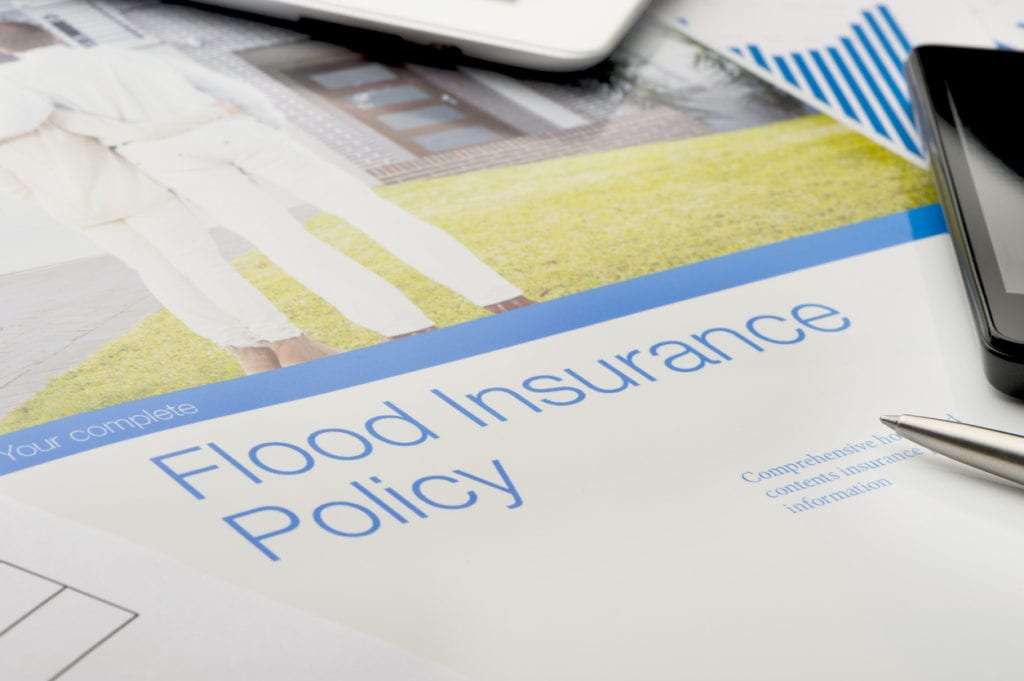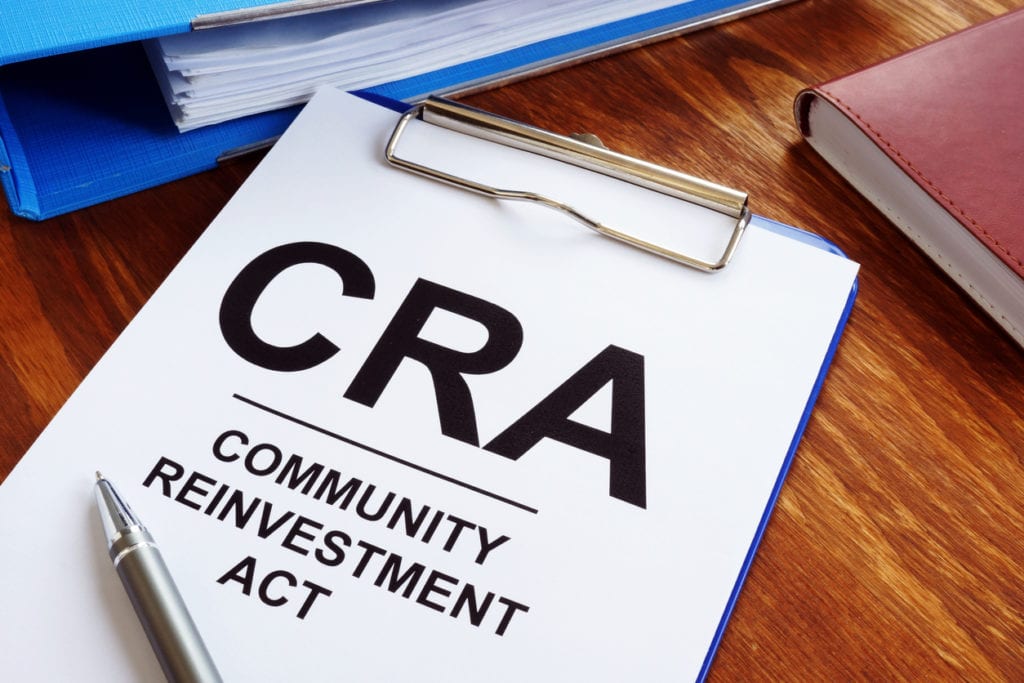
We provide support to confirm that your garnishment practices aren't heightening financial, regulatory, or reputational risk for your bank.
No one wants to face the financial penalties, reputational harm, or other consequences of mishandling garnishments.
But staying on top of the regulations is demanding. Laws vary by jurisdiction and can change, you must manage each garnishment order accurately and on time, and you have to accommodate the rights of creditors and your customers.
But sometimes, you're short on staff, expertise, and time for such an intense and complicated task.
That's why it's a smart move to partner with TCA Compliance.
We devote our expertise and time to reviewing your garnishment policies and practices in detail.
In addition to advising you on what to do to pass your next exam, we recommend ways to make your daily process more efficient, effective, and less painful.
During our reviews, we follow the procedures that your bank examiner will follow.
That includes assessing your approach to handling new garnishment orders, identifying your approach's risks, and recommending other, better options.
Also, reviewing your technology can reveal whether your current software is helping or hindering you in managing your garnishment responsibilities.
In addition, we evaluate whether you're making the correct calculations, withholding the proper amounts, and if you're dispersing the money to the right creditors on time.
How you protect customers’ privacy and data, whether you’re treating them fairly, and if your long-term record-keeping is sufficient to satisfy regulators are also part of our work.
In appraising your garnishment procedures, TCA's A Better Way helps you reduce your risk exposure.
Key deliverables include:
- Evaluating your policies and procedures for managing garnishment orders.
- Ensuring that you respect customers' rights.
- Sharing the latest regulatory changes at the federal and state level that affect your bank.
- Offering advice on streamlining your garnishment approach.
Additional Compliance Topics
When the Tide is Against You
Over the past several months, the banking industry has experienced tremendous loan origination volume. While increased loan production is a good thing, it is important for Compliance Managers to stay cognizant of rising risks. Pressure, whether from peers or self-imposed, to push loans through leads to a breakdown in controls that are caused from procedural […]
The Great Debate — Is This a Finance Charge?
If only there was a simple answer! Unfortunately, this seemingly simple question can be endlessly debated due to the complexity of Regulation Z. §1026.4(a) states that a finance charge is the cost of consumer credit as a dollar amount. It includes any charge payable directly or indirectly by the consumer and imposed directly or indirectly […]
Meet your Community’s Credit Needs for Fair Lending – Utilizing Regulation B’s Special Purpose Credit Program
“What are you doing to ensure diversity, equity and inclusion (DEI)?” That question routinely comes up during conference calls among us, clients, and regulatory agencies. Businesses, educational institutions, and non-profit organizations all are focusing on DEI. Financial institutions are no exception. In fact, regulatory agencies emphasize the importance of DEI in written communications about the Fair […]
CRA Public File Reminder
April 1st is known as April Fools’ day and a time to play tricks and pranks. But did you know on April 1, 1748, the Ruins of Pompeii were rediscovered by Spaniard Rocque Joaquin de Alcubierre? Guess it is time to rediscover the CRA Public File and make sure nothing ancient is inside! By now […]
The Fannie Mae and Freddie Mac Application: New and Improved?
The mortgage application, the 1003 or URLA – these are all synonyms for the standard residential mortgage application which has been changed. Navigating through these changes can be stressful; but we are here to help. Fannie/Freddie announced the release of the redesigned Uniform Residential Loan Application (URLA) on August 23, 2016. The changes would include […]
No Longer A HMDA Reporter – Fair Lending Still Applies
On April 16, 2020, The Consumer Financial Protection Bureau issued a final rule raising the loan-volume coverage thresholds in Regulation C for financial institutions reporting data under the Home Mortgage Reporting Act (HMDA). A permanent threshold for collecting closed end mortgage reporting data went from 25 to 100 loans effective July 1, 2020. Also, open-end […]











